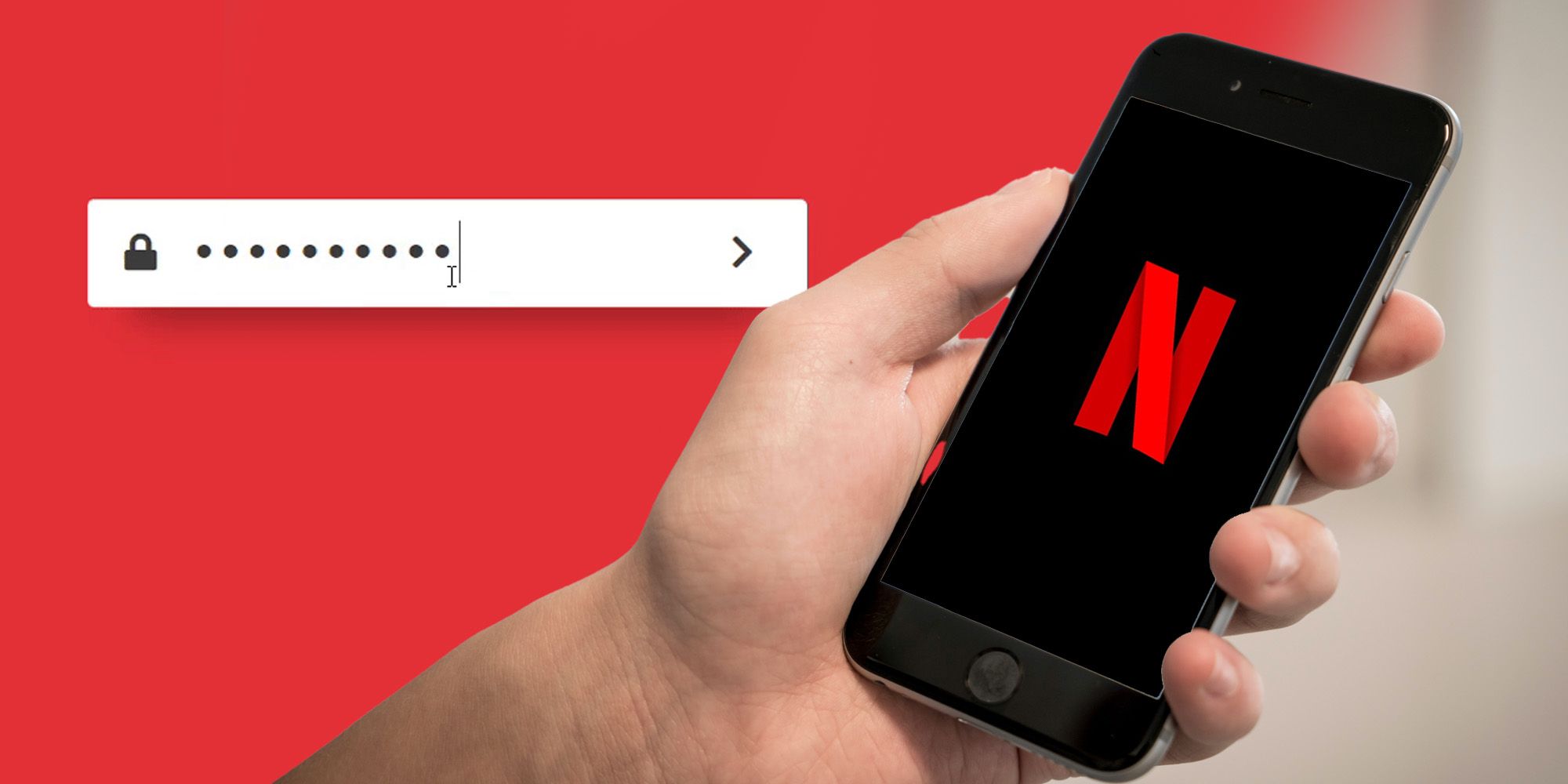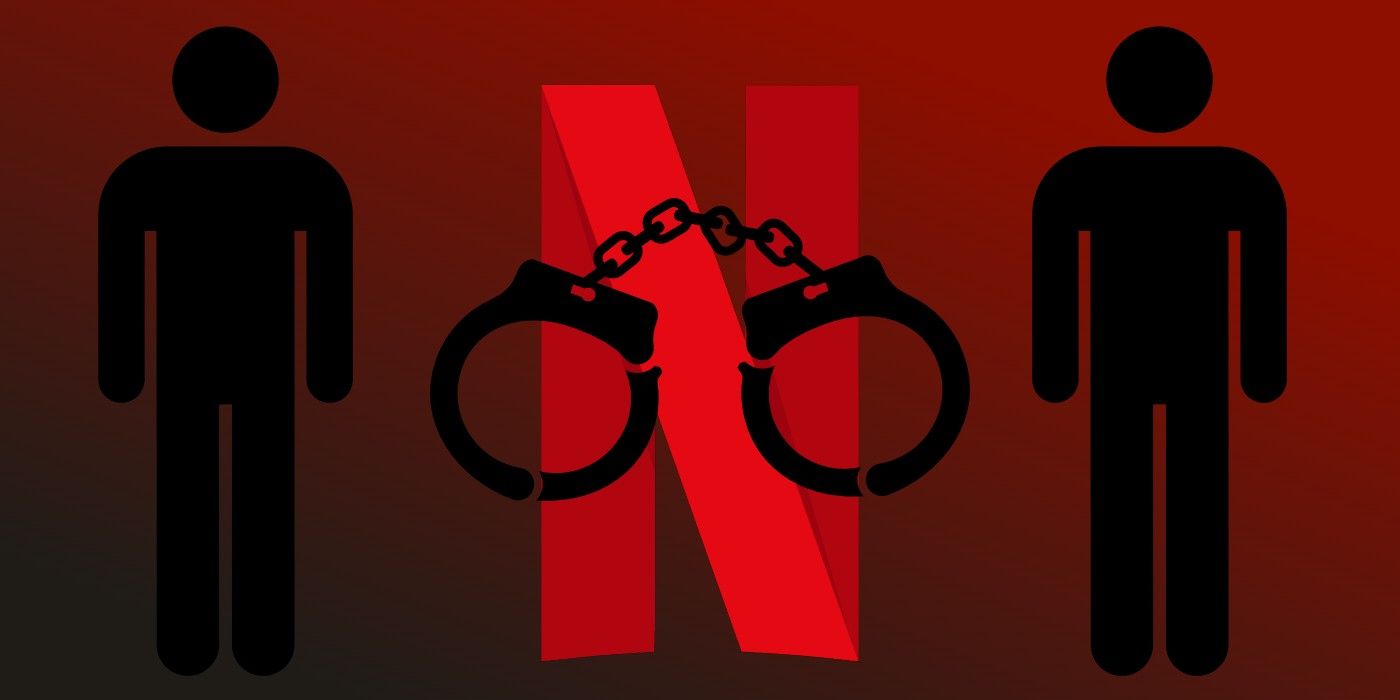Streaming services have begun cracking down on customers sharing passwords, which has grander implications for the media landscape. In the 2010s, Netflix revolutionized the world of film, television, and visual media by not only allowing customers to view their content library remotely but also producing original shows specifically for their platform. This has had an enormous ripple effect on the entertainment industry, with different production companies hoping to carve out their own stake in streaming services. Media companies like Warner Bros. and Disney now have their own platforms, as well as major corporations like Apple and Amazon.
The addition of several new streaming services has created fierce competition for the sites. Netflix, which once encouraged password sharing with social media posts saying, “Love is sharing a password,” and was once praised for being a source of prestigious, innovative content, has become much more controversial. Netflix has notoriously canceled tons of shows, attracting criticism on its own, and they’ve now also paved the way, along with Disney+, for streaming services to prevent viewers from password sharing.
Why Streaming Services Don’t Want You Sharing Passwords
The primary reason streaming services don’t want password sharing is because it limits their chances of reaching potential subscribers. It’s very common for viewers to save money by splitting a streaming service cost or simply mooching off a friend or family member’s account. Until now, this has been easy to do with limited and infrequent interference from sites. However, pressure from growing competition in the streaming world and increasing budgets for TV and movies are likely to be significant factors in the decision to crack down.
Enormous TV show budgets, like Amazon Prime’s The Rings of Power, were easily justified during an upward trend of streaming platforms. As the sites rose to prominence, these budgets made sense, as viewership metrics for previous blockbuster shows like Game of Thrones seemed to indicate a gold mine awaiting any service that could replicate similar success. However, with every service trying to imitate the same formula, they all ultimately suffer as audiences only have a certain amount of time to catch different shows.
Higher competition and inflated budgets have left streaming services with less financial success than they likely anticipated. Not to mention, with several changes coming from the 2023 WGA and SAG-AFTRA strikes, services are backed further into a corner of cutting their profits. In response, services like Netflix have continuously raised subscription costs, while sites like Max have added ad-based plans to increase revenue. Cracking down on password sharing is another way to increase a site’s subscriber base, forcing individuals to pay for their own accounts.
How Does Stopping Password Sharing Actually Work?

Netflix’s plan to crack down on password sharing is telling of what other sites will do to stop password sharing. Netflix has restricted its plan to individual “households,” meaning family members can use the account around different household devices connected by the same IP. Netflix’s system allows it to detect when someone is signed on to the same account from different geographical locations, and when done consistently, the app will flag the user for further investigation and potential restriction. Other sites may utilize alternate methods, but this has been implemented already.
Netflix, Disney+ & Hulu Have Already Stopped Password Sharing

Netflix and Disney+ have had their password-sharing prevention mechanics implemented for months, and Hulu will be the next streaming service to begin the crackdown. Starting on March 14, 2024, Hulu will enforce the same rules. Netflix and Hulu both offer tiered subscription plans, which allow additional households to be added for extra fees. While this is a convenient feature for the time being, it still comes at the cost of a significant price increase.
Max Will Be The Next Streaming Service To Crack Down On Password Sharing

Since Warner Bros. launched Max in 2020, the service has seen significant changes to its payment plans. In 2023, the service increased the prices of an Ad-free experience and even further raised the price of viewing content in 4K, resulting in criticism from customers. Recently, they announced that Max will be the next service to join the password-sharing crackdown, which will take effect in late 2024.
Warner Bros. Discovery CEO David Zaslav has already been under heavy fire from Max subscribers. Early in his tenure as CEO, Zaslav had several shows, primarily cartoons, removed from the platform to save money. He’s also been involved in the controversial cancelation of film projects Batgirl and Coyote vs. Acme, following both movies’ completion, to save money for tax write-off purposes. The Max password-sharing feature is another attempt by Zaslav to make the service more profitable.
Streaming Site to Implement Password Sharing Prevention | Date of Implementation |
|---|---|
Netflix | May 2023 |
Disney+ | February 2024 |
Hulu | March 14, 2024 |
Max | Late 2024 |
Is Cracking Down On Password Sharing Actually Working For Streamers?

Whether various streaming service sites continue to enforce their password-sharing mechanics relies heavily on whether they work to increase profits. Netflix had previously seen a subscriber drop, leading to the decision to enforce its rules more strictly. Just days after the implementation, Netflix saw an immediate uptick in subscriptions as customers flocked to create their own accounts.
According to Variety, Netflix turned out its four most significant sign-up days since 2019, when the numbers were made public. Between May 23 and 28, their daily sign-ups reached numbers that doubled any day in prior months. Despite backlash from customers, Netflix’s plan has been successful so far, and the immediate effect and subscriber increase have caused other sites to follow in their footsteps. Apple TV+, Paramount+, Prime Video, and Peacock are among the services that have yet to announce a similar strategy.

Related
What To Do If Netflix Has Stopped Password Sharing On Your Account: 4 Options
Netflix has recently stopped password sharing between member accounts and individuals outside their household, but fortunately, there are options.
No matter the public outcry about these choices, major streaming services will likely continue implementing this feature, which could have drastic implications for the streaming landscape. The initial advantage of subscribing to Netflix was that it was a far more affordable alternative to Cable TV, which had continuously rocketed in price for decades. However, if streaming services continue to rise in price and content is spread out across several of them, it could continue to be detrimental to each site’s viewership.
The next stage of streaming service competition seems to have begun, as Disney+ and Hulu have announced a merger of their sites. The same parent company owns both services, so their merger makes sense logistically. The official merger date is intended to happen sometime in March 2024, but there’s no official date. Both services can be purchased as a bundle, with password-sharing prevention enforced.
Sources: Variety




